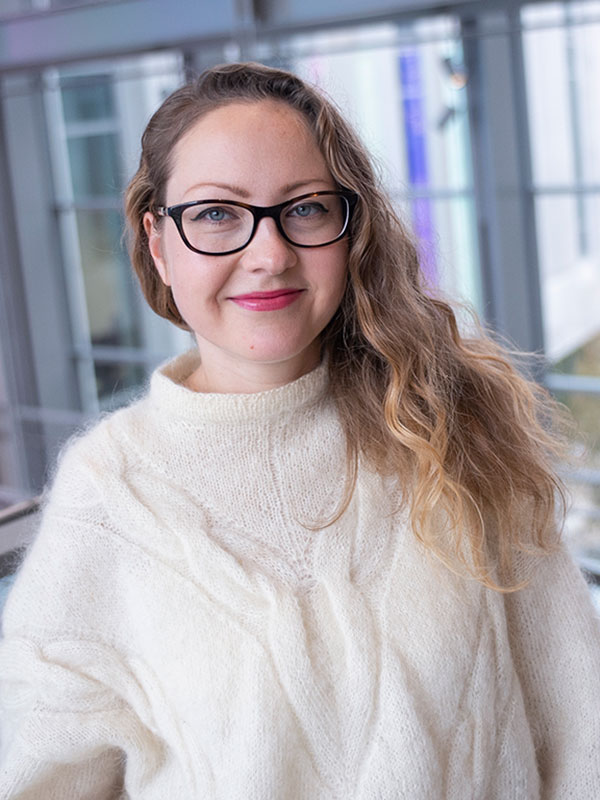Eduardo Acaron-Padilla
Eduardo finished his M.A. in Central Eurasian Studies in December 2023. His M.A. thesis, titled, “The Shāhnāmeh’s Alexander Romance and Rashīd al-Dīn’s Oghūznāmeh: A Study of Hybridity and Literary Reception”, argues that Rashīd al-Dīn, a fourteenth-century Ilkhānid polymath and historian, was reading Firdawsī’s eleventh-century Persian epic, the Shāhnāmeh, and was using the Shāhnāmeh in his composition of the Oghūznāmeh, a work that narrates the legendary origins of the Oghuz Turks. Firdawsī’s work served as a model for depicting transformation and change in Rashīd al-Dīn’s efforts to create his magnum opus, the Compendium of Chronicles A world-historical chronicle and a collection of coherent narratives that reflect on historical transformation and transcend their immediate temporal or geographic contexts. Eduardo’s thesis shows that the presence of Firdawsī’s Alexander Romance in a Persian chronicle about the Turks and sponsored by the Mongols shows how the Alexander Romance was a useful tool for collective and communal re-imagination in premodern periods.
Parallels abound with the international reception of both the Alexander romance and Arthurian legend in Safavid Persia and Northern Europe, particularly in the fifteenth and sixteenth centuries. This is a topic that Eduardo will be exploring in his latest conference paper to be presented in the Sixteenth Century Society’s annual conference in Toronto. The paper, titled, "The Materiality of Language and the Allegorical Palaces of ‘Abdi Bayg Shirazi’s Garden of Eden and Edmund Spenser’s The Faerie Queene” focuses on the materialization of medieval allegories in the literary buildings constructed by ‘Abdī Bayg Shirazī and Edmund Spenser in their respective narrative poems drawing on Medieval Arthuriana and Alexander romance traditions. The paper draws attention to the ways in which poetic palaces – whether real or imagined – broach the materiality of language in poetry and its ability to create aesthetic objects for the collective re-imagination of political communities. His other paper on the early-modern materialization of Medieval Allegory, titled, “ibn Sīna’s (Avicenna’s) Theory of Effulgence and Milton’s Paradise Lost” will be presented in the Middle Eastern Studies Association (MESA) Conference to take place virtually. Both conferences take place in November of the current year.
Besides his current research schedule, Eduardo also began teaching in the 2023-2024 Academic Year; as AI in Dr. McGerr’s King Arthur class with the College of Arts and Sciences, and as Instructor of Record in C-110: Writing the World. He is excited to teach the course with his new theme: Monumental Works, which deals with how buildings often provide a material structure to narrative works. From Gilgamesh and Firdawsī, to Dante and Borges, the course is structured chronologically and thematically around buildings.

 The College of Arts
The College of Arts